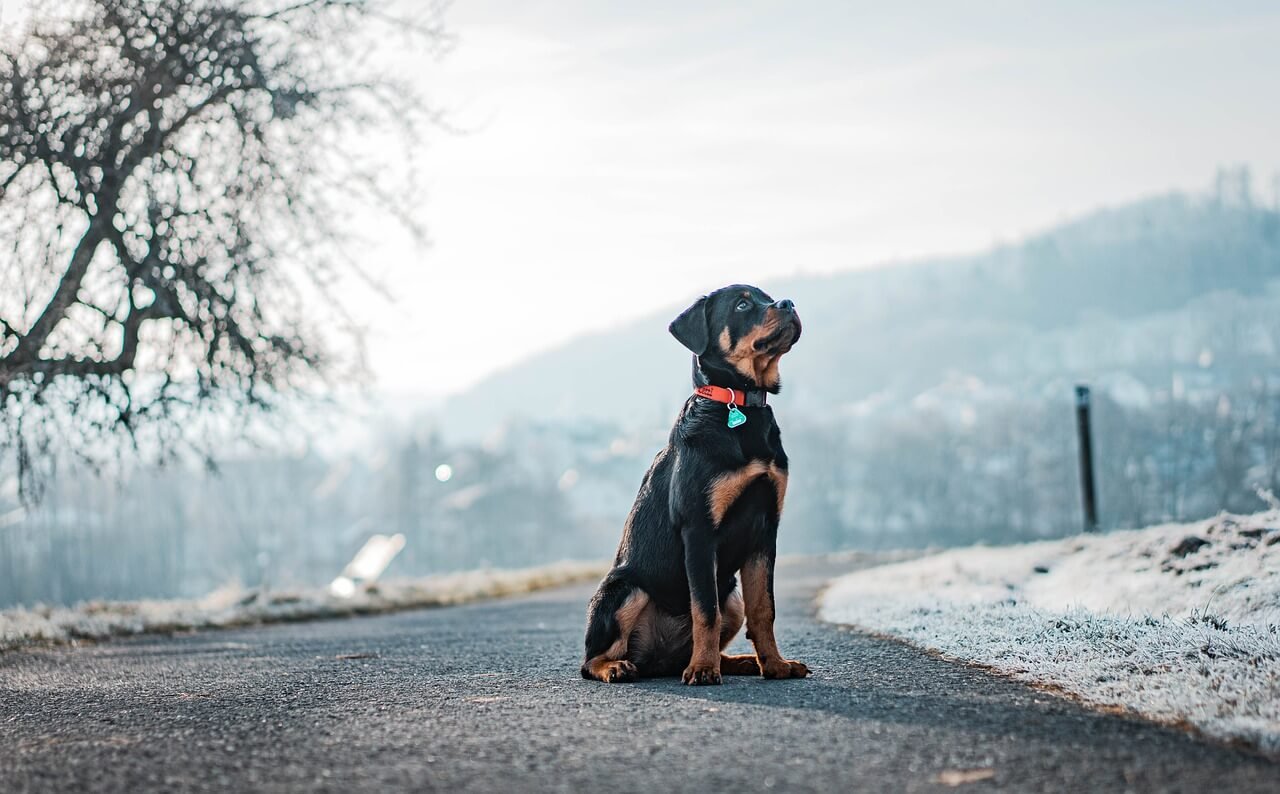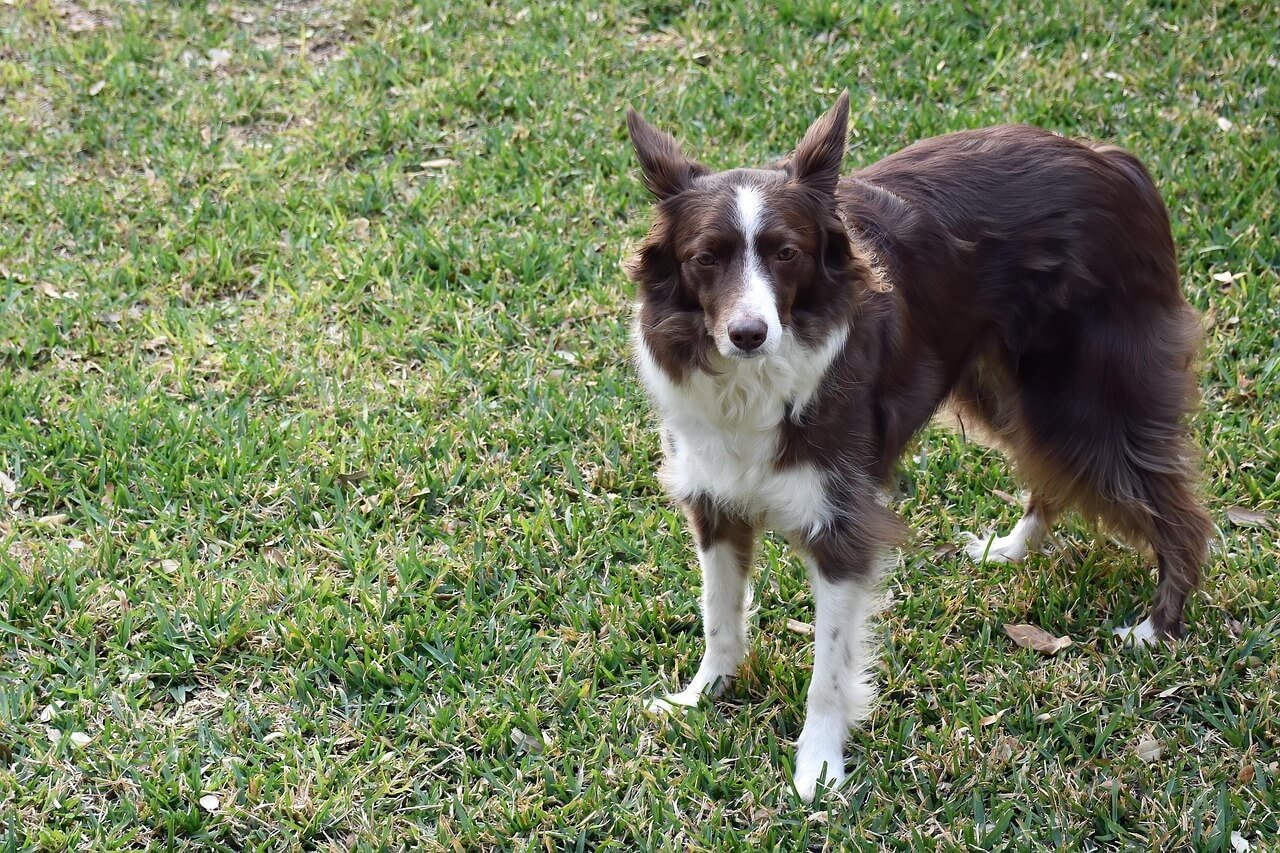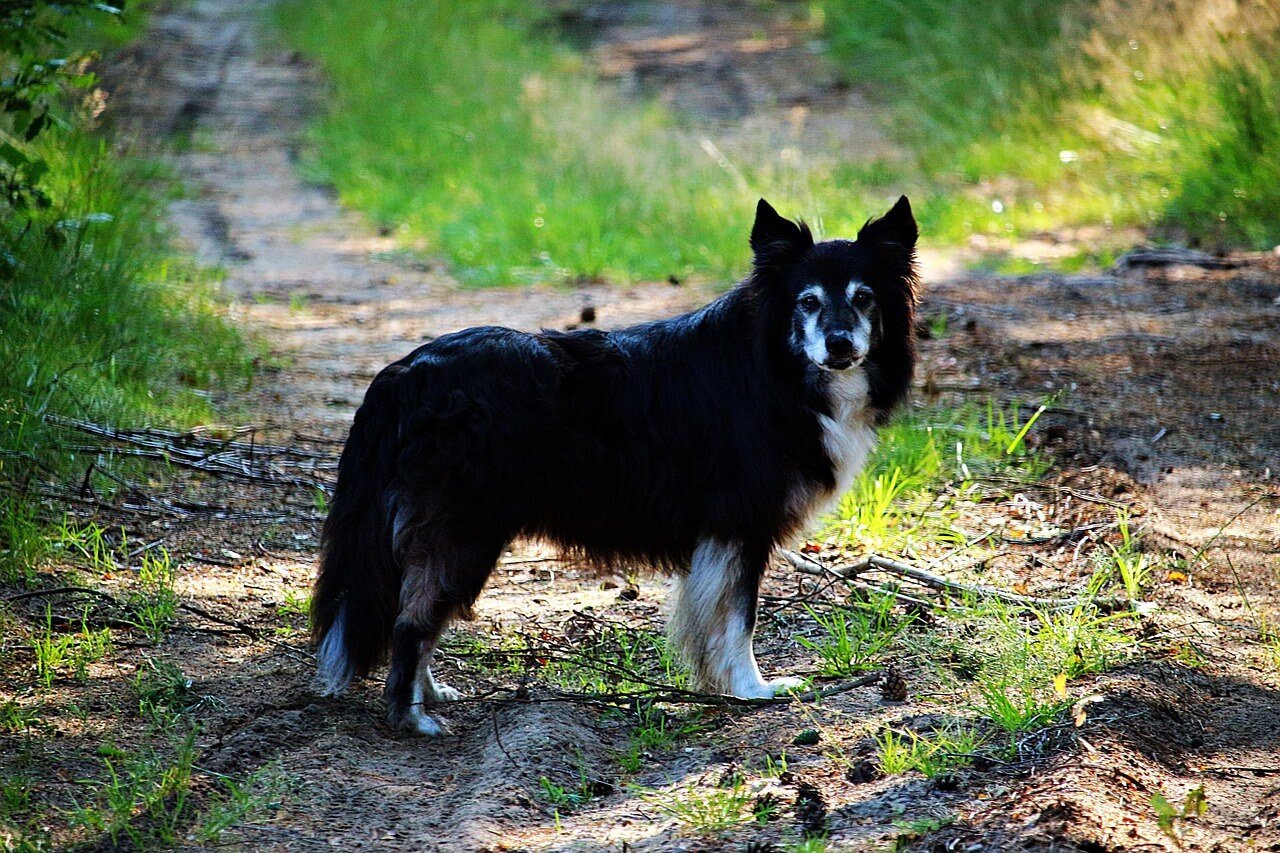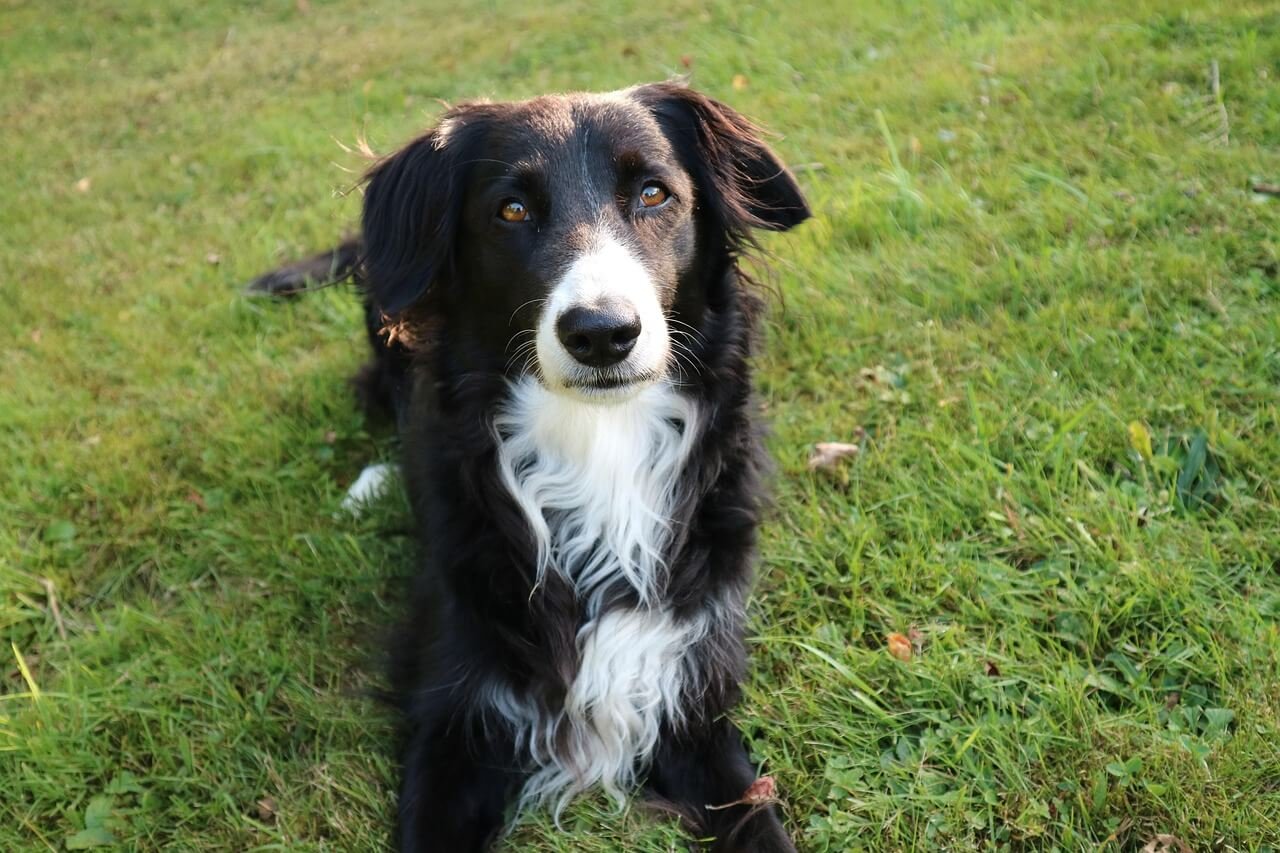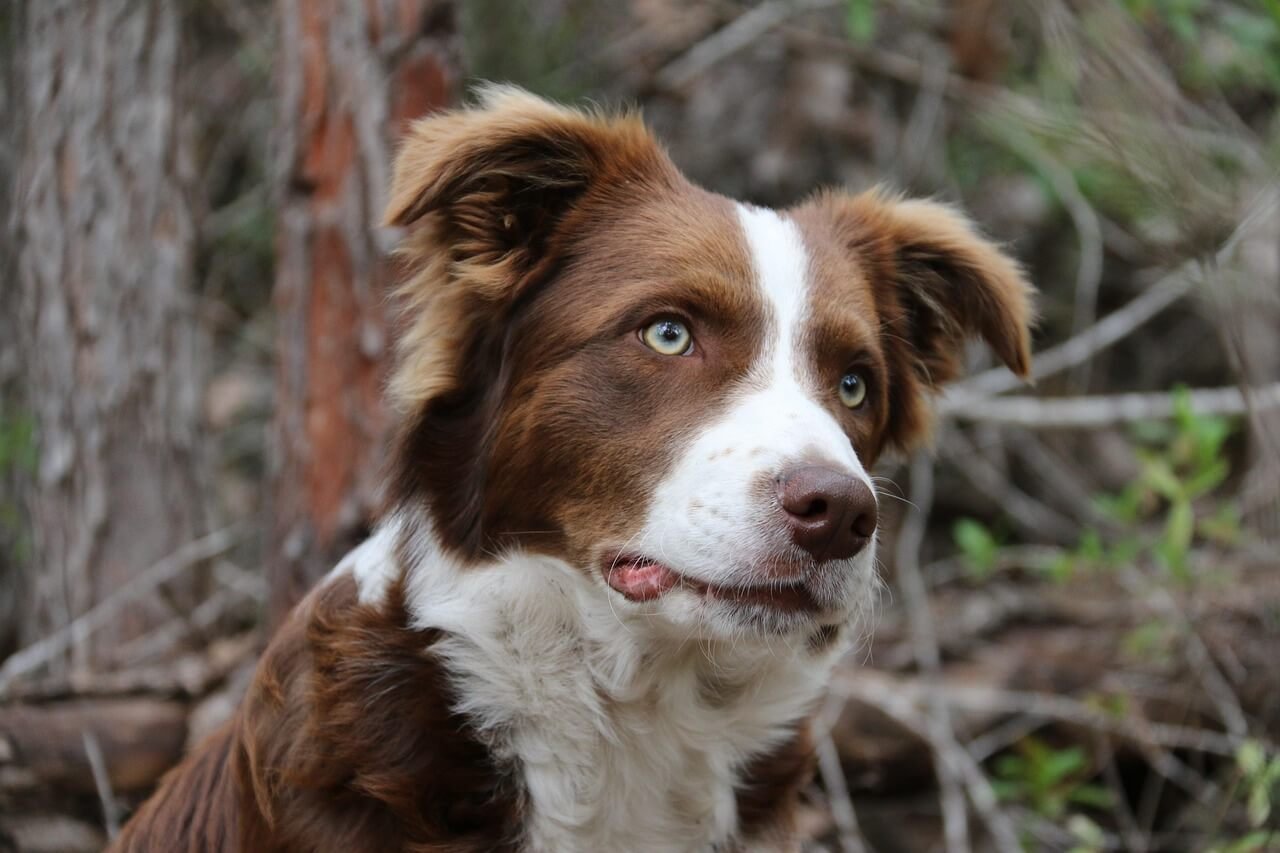What Can I Give My Dog After Vaccination?
Vaccinations are an essential part of keeping your dog healthy and protected from serious diseases. However, some dogs may experience mild side effects after receiving their shots, leaving pet owners wondering how best to care for their furry friends during this time. While most reactions are temporary and harmless, knowing what you can give your dog after vaccination can help ease discomfort and ensure a smooth recovery. In this blog post, we’ll explore safe and effective ways to support your dog post-vaccination, ensuring they feel comfortable and cared for.
Comforting Your Dog After Vaccination: What You Can Offer
After a vaccination, it’s natural to want to provide your dog with something soothing to help them relax. Here are some safe options that can make the recovery process easier for both you and your pup.
A quiet and cozy space where your dog can rest undisturbed is ideal for relaxation.
Fresh water should always be available to keep your dog hydrated, especially if they seem lethargic.
A small portion of their regular food can be offered, but avoid overfeeding in case of nausea.
Gentle petting or soft verbal reassurance can help calm anxious dogs.
A favorite blanket or toy can provide comfort and familiarity during this time.
By offering these simple comforts, you can help your dog recover more peacefully while minimizing stress.
Safe Treats to Give Your Dog After Vaccination
If you’re considering giving your dog a treat after their vaccination, it’s important to choose options that are gentle on their system. Here are some safe and nutritious treats to consider.
Plain, cooked chicken (without seasoning) is easy to digest and packed with protein.
Pumpkin puree (unsweetened) can soothe an upset stomach and provide fiber.
Small pieces of banana offer a sweet yet healthy snack rich in potassium.
Blueberries are low-calorie, antioxidant-rich treats perfect for post-vaccination rewards.
Rice cakes (plain and unsalted) can serve as a light, crunchy snack if your dog feels up to eating.
Always introduce any new treat gradually and in moderation to avoid overwhelming your dog’s digestive system.
Check this guide 👉Can a Dog Get Kennel Cough if Vaccinated? Best 7 Tips!
Check this guide 👉Understanding a Lump on Dog After Vaccine: Best 7 Tips!
Check this guide 👉Bordetella Oral Vaccine for Dogs: Best 7 Expert Tips!
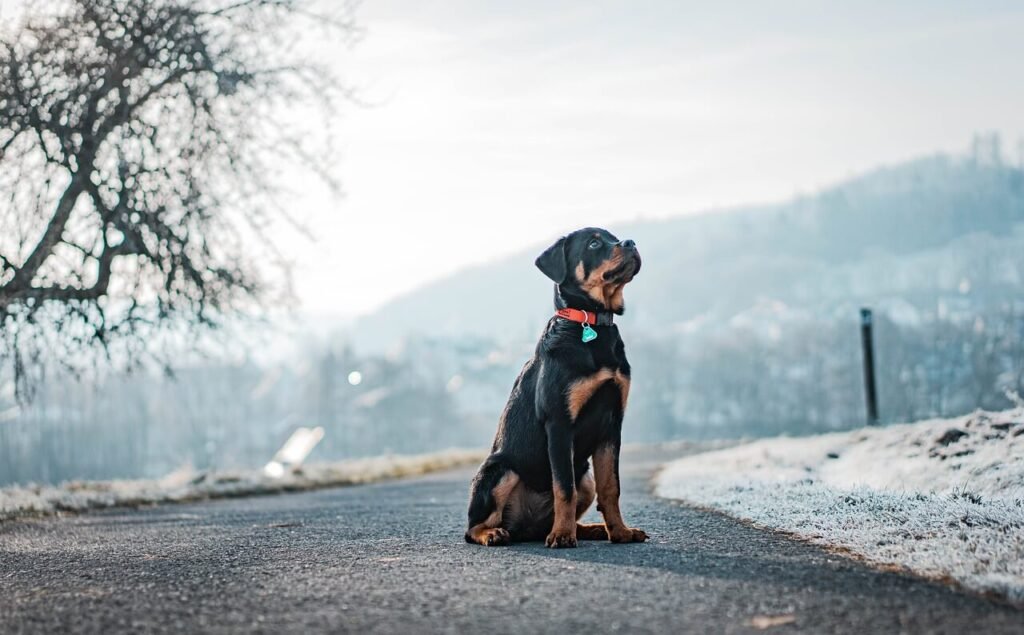
Foods Safe for Dogs Post-Vaccination | Foods to Avoid Post-Vaccination |
|---|---|
Cooked chicken (plain) | Chocolate |
Pumpkin puree (unsweetened) | Grapes and raisins |
Blueberries | Onions and garlic |
Rice cakes (plain) | Spicy or salty snacks |
Bananas | Processed human foods |
Monitoring Your Dog’s Behavior After Vaccination
Keeping a close eye on your dog’s behavior after vaccination is crucial to ensure there are no adverse reactions. Here are signs to watch for and steps to take if needed.
Mild lethargy or tiredness is normal, but excessive weakness should be reported to your vet.
Swelling or redness at the injection site may occur but should subside within a day or two.
Loss of appetite can happen temporarily, but persistent refusal to eat requires attention.
Vomiting or diarrhea could indicate a reaction and should be addressed promptly.
Signs of pain, such as whimpering or limping, warrant immediate veterinary consultation.
By staying vigilant and proactive, you can quickly address any concerns and ensure your dog’s well-being.
Activities to Keep Your Dog Calm After Vaccination
While your dog may feel a bit under the weather after vaccination, engaging them in low-key activities can help them stay calm and entertained. Here are some ideas to try.
Short, gentle walks around the house or yard can provide light exercise without overexertion.
Puzzle toys designed for dogs can stimulate their mind while keeping them relaxed.
Listening to calming music or white noise can create a soothing environment.
Teaching simple commands using positive reinforcement can distract and engage them mentally.
Watching birds or squirrels from a window can entertain curious dogs without physical strain.
These activities strike the perfect balance between stimulation and rest, helping your dog recover comfortably.
Signs Your Dog Is Recovering Well After Vaccination
After your dog receives a vaccination, it’s important to monitor their recovery closely. Here are some positive signs that indicate your dog is healing as expected.
Your dog resumes normal activity levels within 24-48 hours after the vaccination.
Their appetite returns to normal, and they eat their regular meals without hesitation.
There’s no excessive swelling, redness, or pain at the injection site.
They display their usual playful or relaxed demeanor without signs of discomfort.
Any mild lethargy or fatigue resolves within a day or two.
If you notice these signs, it’s a good indication that your dog is recovering well and doesn’t require additional intervention.
Common Misconceptions About Post-Vaccination Care
There are several misconceptions about what to do (or not do) after your dog gets vaccinated. Understanding the facts can help you provide better care for your pet.
Giving your dog a bath immediately after vaccination won’t harm them, but waiting 24 hours is recommended to avoid irritation.
Vaccines don’t typically cause severe reactions; most side effects are mild and temporary.
You don’t need to withhold food unless your vet specifically advises it due to individual health concerns.
It’s safe to take your dog for a short walk after vaccination, as long as it’s not overly strenuous.
Not all dogs will experience side effects—many recover without any noticeable changes in behavior.
By dispelling these myths, you can focus on evidence-based care and ensure your dog’s recovery is smooth and stress-free.
Tips for Preparing Your Dog for Future Vaccinations
While vaccinations are routine, preparing your dog beforehand can make the process easier for both of you. Here are some tips to consider for future appointments.
Familiarize your dog with car rides if they need to travel to the vet, reducing anxiety on the day of the appointment.
Bring their favorite blanket or toy to provide comfort during and after the visit.
Feed your dog a light meal before the appointment to prevent nausea but avoid overfeeding.
Stay calm and composed during the visit, as dogs can pick up on their owner’s emotions.
Reward your dog with praise or a small treat (if approved by the vet) after the vaccination to create a positive association.
By taking these steps, you can help your dog feel more at ease and reduce stress during future vaccination visits.
Frequently Asked Questions About Dog Vaccinations
Can I give my dog treats right after vaccination?
Yes, but stick to bland, easily digestible treats like plain chicken or pumpkin puree to avoid upsetting their stomach.
Should I worry if my dog seems tired after vaccination?
Mild tiredness is normal, but contact your vet if your dog becomes excessively weak or unresponsive.
How long do side effects from vaccines last?
Most side effects resolve within 24-48 hours, but prolonged symptoms should be evaluated by a vet.
Can I bathe my dog immediately after vaccination?
It’s best to wait at least 24 hours to avoid irritating the injection site or causing unnecessary stress.
Is it normal for my dog to refuse food after vaccination?
Temporary loss of appetite is common, but monitor closely and consult your vet if it persists beyond a day.
Supporting Your Dog Through Recovery
Vaccinations are a vital step in safeguarding your dog’s health, but understanding how to care for them afterward is equally important. By providing comfort, monitoring their behavior, and choosing safe treats and activities, you can ensure a smooth recovery process. Remember, every dog responds differently, so trust your instincts and seek professional advice if anything seems unusual. With proper care and attention, your dog will bounce back quickly and continue living a happy, healthy life.
Understanding Scabs in Dogs Ears: Best 7 Tips! Learn how to identify, treat, and prevent scabs in your dog’s ears for optimal ear health.
Is Cinnamon Bad for Dogs? Best 7 Health Tips! Discover safe ways to use cinnamon, risks to avoid, and expert advice to keep your dog healthy.
Can Dogs Get Pneumonia from Humans? Best 7 Tips! Learn how to protect your dog, understand transmission risks, and ensure their respiratory health.
Can Dog Urine Make You Sick? Best 7 Health Tips! Learn how to stay safe, prevent illness, and handle exposure to dog urine effectively.

